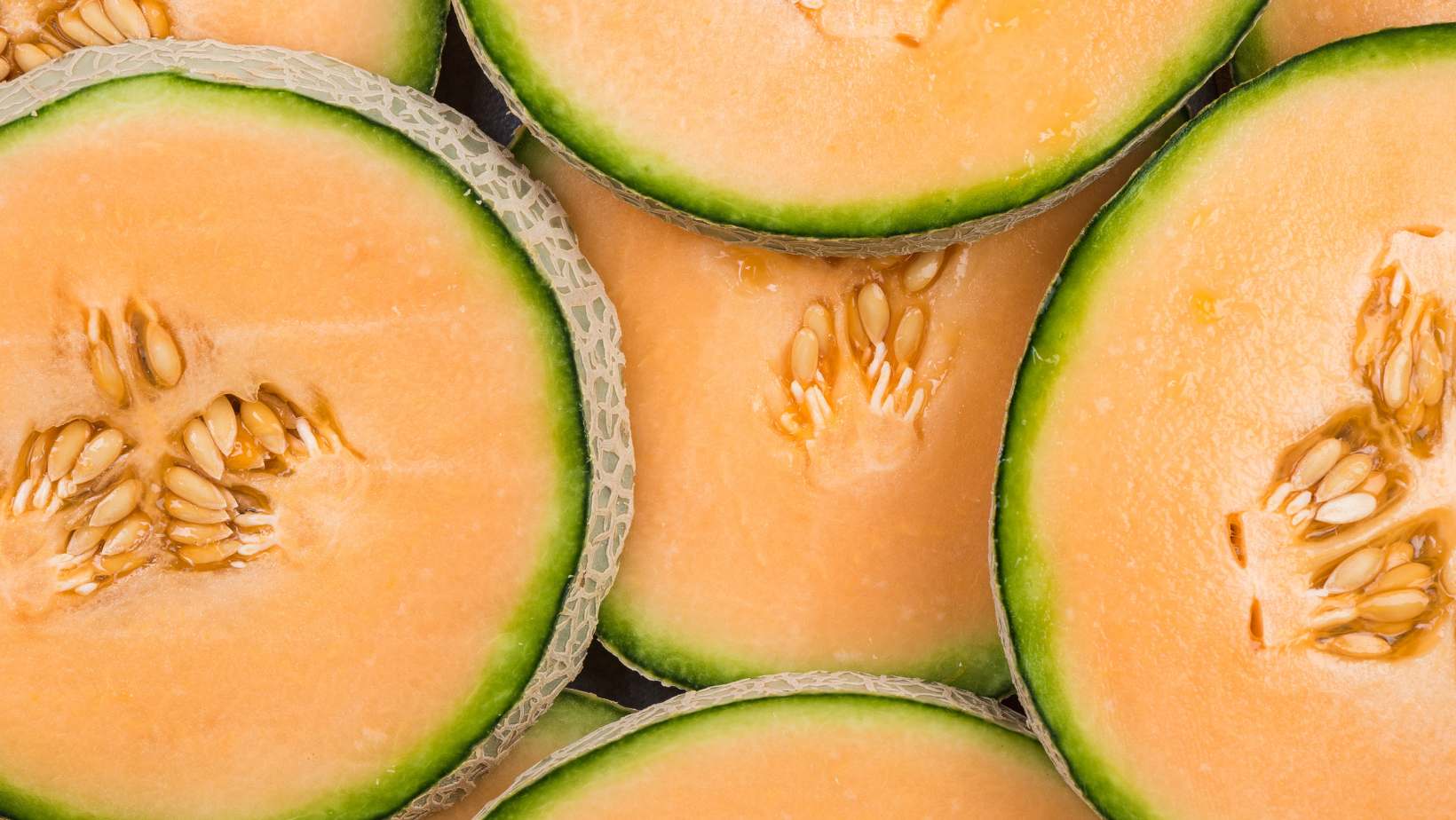Every second Sunday in August, the Central Asian nation of Turkmenistan celebrates Melon Day, a unique holiday dedicated to the country’s prized muskmelons. This year, Melon Day falls on August 11, offering a sweet opportunity to appreciate these juicy fruits and their cultural significance. From the aromatic Turkmenbashi melon to the countless other varieties cultivated in the region, this holiday highlights Turkmenistan’s agricultural heritage and national pride.
The Origins and Significance of Melon Day
Melon Day was established in 1994 by Saparmurat Niyazov, the first president of Turkmenistan after the country gained independence from the Soviet Union. Niyazov, who preferred to be known as ‘Turkmenbashi’ or ‘leader of the Turkmen,’ created this holiday to celebrate one of the nation’s most important agricultural products and a source of national pride.
Turkmenistan boasts an impressive diversity of melons, with approximately 400 varieties cultivated in the country. The arid climate and fertile soils of this Central Asian nation provide ideal conditions for growing exceptionally sweet and aromatic melons, which have been an integral part of Turkmen culture and cuisine for centuries.
Turkmenistan’s Melon Heritage
The Turkmenbashi Melon
Perhaps the most famous melon variety associated with this holiday is the Turkmenbashi melon, named after the country’s first president. This crossbreed is renowned for its large size, sweet aroma, and exceptional flavor. In 2004, President Niyazov referred to Turkmen melons as “the source of our pride” and a “fruit of paradise” in an address to farmers, underscoring the fruit’s importance to national identity.
Muskmelon Varieties
While the Turkmenbashi melon may be the star of the show, Melon Day celebrates all varieties of muskmelons grown in Turkmenistan. These include familiar types like cantaloupes and honeydews, as well as lesser-known local varieties. Muskmelons are characterized by their netted or ribbed exteriors and sweet, fragrant flesh, which can range from pale green to deep orange in color.
Celebrating Melon Day
Melon Day is a national holiday in Turkmenistan, with schools and many businesses closed for the occasion. The day is marked by various festivities and traditions:
1. Melon Festivals
Towns and cities across Turkmenistan host melon festivals featuring displays of various melon varieties, contests for the largest or sweetest melons, and plenty of opportunities for tasting. These events often include music, dance performances, and other cultural activities.
2. Melon Exhibitions
Agricultural organizations and research institutes set up exhibitions to showcase the diversity of Turkmenistan’s melons. These displays often include information about cultivation techniques, the history of melon breeding in the country, and the nutritional benefits of these fruits.
3. Culinary Celebrations
Melon Day is an excellent opportunity to enjoy traditional Turkmen dishes featuring melons. While melons are often eaten fresh, they’re also used in various culinary preparations, including preserved as jam, dried for winter consumption, or incorporated into savory dishes.
4. Scientific Conferences
The holiday sometimes includes academic conferences where agricultural experts discuss advances in melon cultivation, breeding programs, and strategies for preserving Turkmenistan’s melon diversity.
The Cultural Importance of Melons in Turkmenistan
Melons hold a special place in Turkmen culture that goes beyond their agricultural and economic importance:
Symbol of Hospitality
Offering a slice of melon to guests is a traditional gesture of hospitality in Turkmen homes. The sweetness of the fruit is seen as representative of the warmth of Turkmen hospitality.
Traditional Medicine
In Turkmen folk medicine, different parts of the melon plant, including the seeds and flesh, have been used for various medicinal purposes, reflecting the fruit’s integration into traditional knowledge systems.
Artistic Inspiration
The shape and patterns of melons have inspired Turkmen artists and craftspeople, appearing in traditional textiles, ceramics, and other decorative arts.
Melon Day Beyond Turkmenistan
While Melon Day remains primarily a Turkmen holiday, the celebration of this versatile fruit has gained some recognition beyond the country’s borders. Melon enthusiasts and Central Asian communities in other parts of the world sometimes organize their own Melon Day events, sharing the delicious heritage of Turkmen melons with a wider audience.
Conclusion
Melon Day in Turkmenistan is more than just a celebration of a beloved fruit; it’s a reflection of national identity, agricultural pride, and cultural heritage. As we enjoy the sweet, juicy flesh of a melon this August 11th, we can appreciate not only its flavor but also the rich traditions and careful cultivation that have made Turkmen melons world-renowned. Whether you’re in Ashgabat or anywhere else in the world, Melon Day offers a delicious opportunity to explore the diversity of these remarkable fruits and the culture that has nurtured them for generations.
